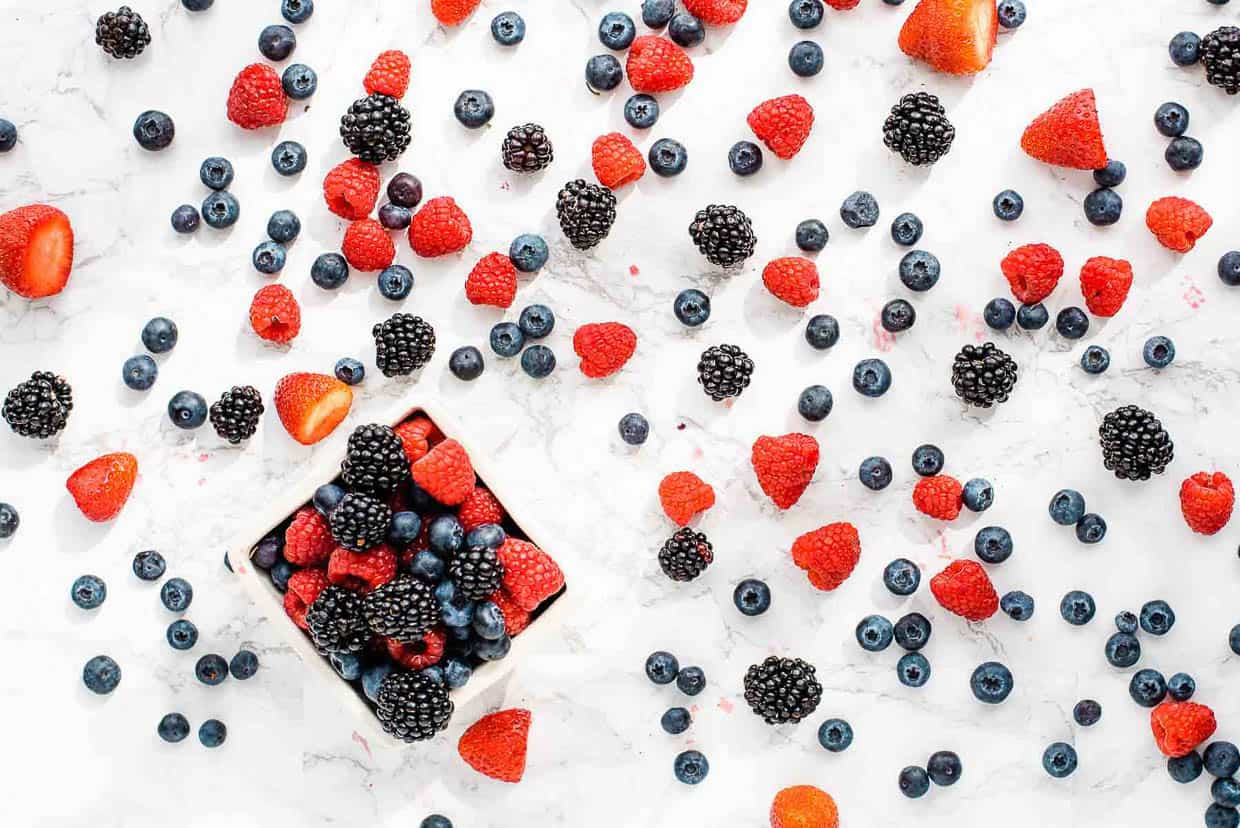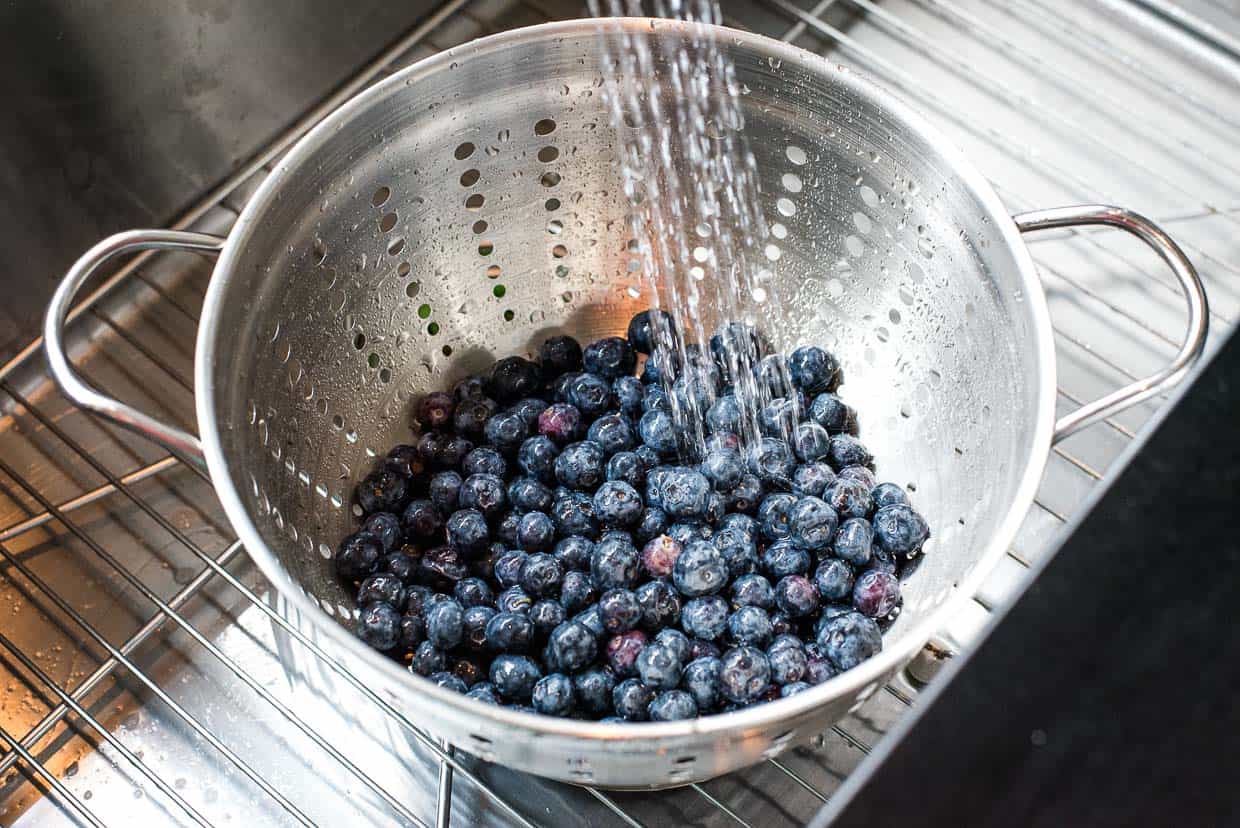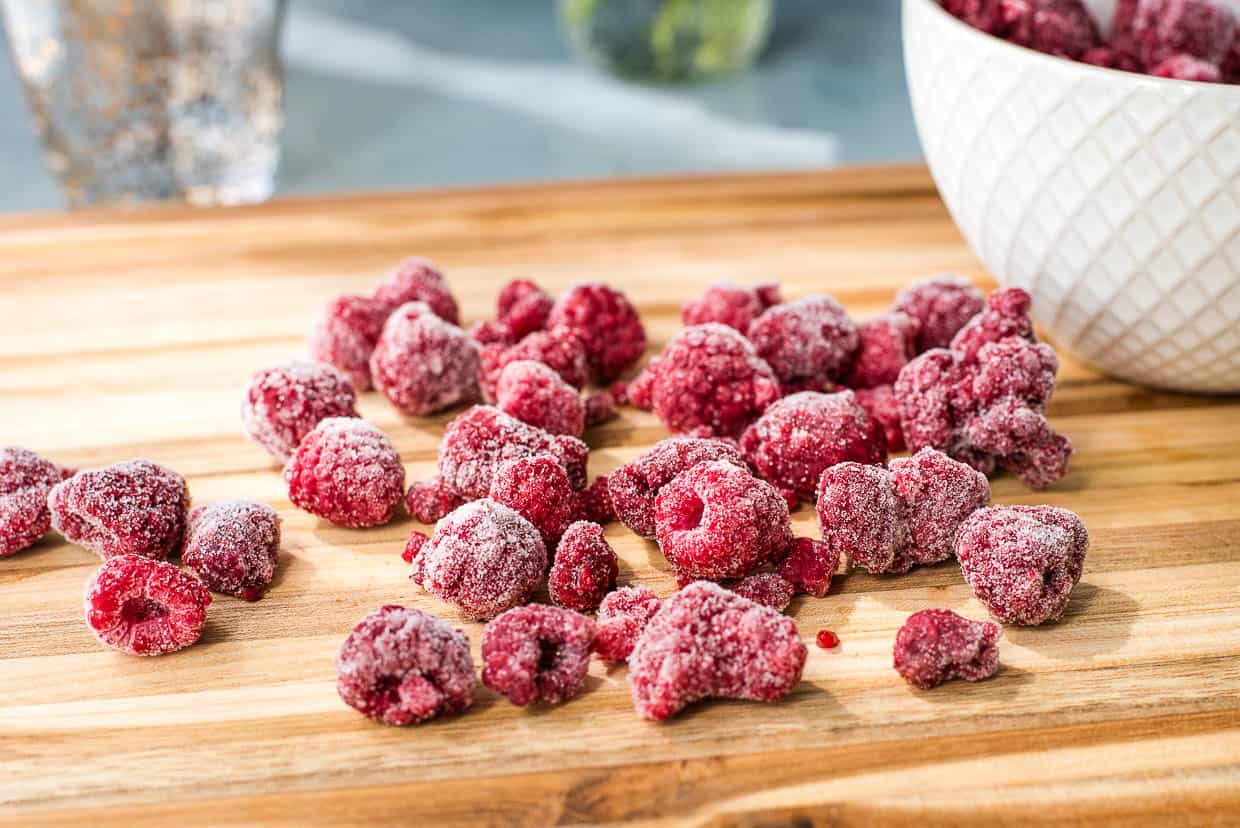Get ready to savor the essence of summer with perfectly preserved berries. This article unlocks the secrets to sorting, washing and storing techniques that will preserve their flavor and keep your summer berries fresh longer.

Bringing home summer berries
Summer berries are one of the best parts of the summer season. With berries popping up at grocery stores, farmers’ markets and roadside stands, it’s tempting to stock up every chance you get.
The problem is, most berries don’t have a long shelf life, and their limited window of perfection is even shorter. However, there are things you can do to extend their shelf life and savor the essence of summer for as long as possible without being a master of water-bath canning.
No matter your berry preference — strawberries, raspberries, blueberries or blackberries — the golden rules of sorting, washing and storage remain constant. Learn how to maximize their freshness and extend their shelf life with these essential tips and tricks.
Sorting your berries
If you’ve ever asked in a public forum about washing summer berries, you will get some very impassioned responses. Most berries are picked on a dry day and packed right in the field as they come off the bushes. By the time they get to your home kitchen, they are still coated in the dust and dirt from the field. While most people agree that you should wash your berries, people like to argue over when and how.
However, the proper handling of berries starts before even thinking about washing or storing them. In fact, the first thing you should do when you get your berries home is to inspect and sort them.
Start by setting aside any broken or soft berries to eat that day or make into jam. Then, discard any crushed or moldy berries. Crushed berries cannot be cleaned, and one moldy berry can quickly spoil the whole pack, so remove them as soon as you spot them.
FDL’S 75 Best Bites

Our cookbook with 75 tasty recipes will be your go-to kitchen companion for easy dinners with ad-free recipes right at your fingertips. Crafted by experienced chefs and recipe developers, this collection offers a treasure trove of tried-and-true dishes that make mealtime a breeze.
Get the Recipe: FDL’S 75 Best Bites
Washing summer berries
Now that your berries are sorted and inspected let’s return to the argument about when to wash them. People who believe that it’s important to wash berries soon as possible believe that washing the berries prevents the whole pack from spoiling. Meanwhile, those who believe it’s better to wash as you eat believe that the act of washing is what makes them go moldy in the first place.
The truth is that they are both right, and they are both wrong. Berries don’t mold because they are or are not washed. They mold because of excess moisture — the enemy of the berry. This moisture can come from condensation in the packaging, juice from crushed or broken berries or leftover water from being washed. The choice of when to wash should be made depending on what you are doing with your berries and how you want to store them.

Berries don’t need soap or special fruit washes — most of which are mainly vinegar with much higher price tags — to be clean enough to eat. If the plan is to eat or freeze them immediately, a simple rinse under running water will suffice.
If you want to wash your berries before storing them in the fridge, vinegar, like freezing, can help kill off any microspores of mold you may not be able to see. Fill a small tub or bowl with three or four cups of cold water and one cup of basic white vinegar.
Allow the berries to soak for up to five minutes, then rinse with clean water to remove any lingering vinegar smell or taste. The low ratio of vinegar to water should prevent the berries from tasting pickled once rinsed and dry.
“Living in an area that’s rich in local, seasonal growers, I love buying summer berries from nearby farms by the bushel and freezing them for use later in the year. This helps me ensure my kids get the freshest, best-tasting berries around, and it also helps support the local agricultural economy.”
— Ksenia Prints, At the Immigrant’s Table
Storing berries
For maximum shelf life, berries should be dried thoroughly and stored in cool, dark places. A fridge or freezer works best. After washing, rinsing and draining your berries, lay them on a clean towel and let them air dry.
Pro tip: place the berries on a rimmed cookie sheet to make it easy to move them around, keeping your counters accessible for other things.
Refrigerator
If you will be eating them in the next three to five days, the refrigerator is your best option. Regardless of when you choose to wash them, inspect the berries for mold, moisture and broken berries.
Ensure the berries have had plenty of time to dry, then place them into a clean, dry and ventilated container. Washing and reusing the plastic clamshell they were sold in is perfectly fine. If there is a moisture-absorbing liner in the container, check to ensure it’s dry. If not, remove it and consider replacing it with a paper towel to help absorb any berry juice.
Do not store fresh berries in an airtight container for more than a few hours, as the lack of ventilation can cause the berries to mold. Remember: moisture is the enemy of a good berry.

Freezer
If you want to extend the life of your berries even longer, the freezer is a good option. It will lock in that fresh-from-the-berry-bush flavor and prevent the berries from going bad before you can eat them. While frozen berries may not retain their shape perfectly when they thaw, you can use them in smoothies, eat them on their own as a frozen treat or use them in recipes that call for frozen berries.
To freeze your berries, start with clean, dry berries and place them in a single layer on a cookie sheet. Freeze until solid (two to six hours, depending on freezer settings and berry size). Transfer them to a freezer-safe, airtight container to prevent them from absorbing any off flavors, and then return to the freezer.
Unlike refrigerated berries, frozen berries aren’t at risk of molding. Berries should last in the freezer for about six months.
Preserving summer berries
You can enjoy the tantalizing flavors of summer berries for longer by implementing proper sorting, washing and storage techniques. With these tips in mind, you can relish the taste of summer throughout the year and make the most of these delightful seasonal treats.
Renee N Gardner is the creative mastermind behind Renee Nicole’s Kitchen, a recipe blog based on seasonal ingredients, dedicated to helping home cooks build their kitchen confidence to become home chefs. When Renee isn’t writing, developing recipes or photographing food, you’ll find her in the garden, traveling or enjoying the outdoors with her husband, son and two dogs.
This post originally appeared on Renee Nicole’s Kitchen.